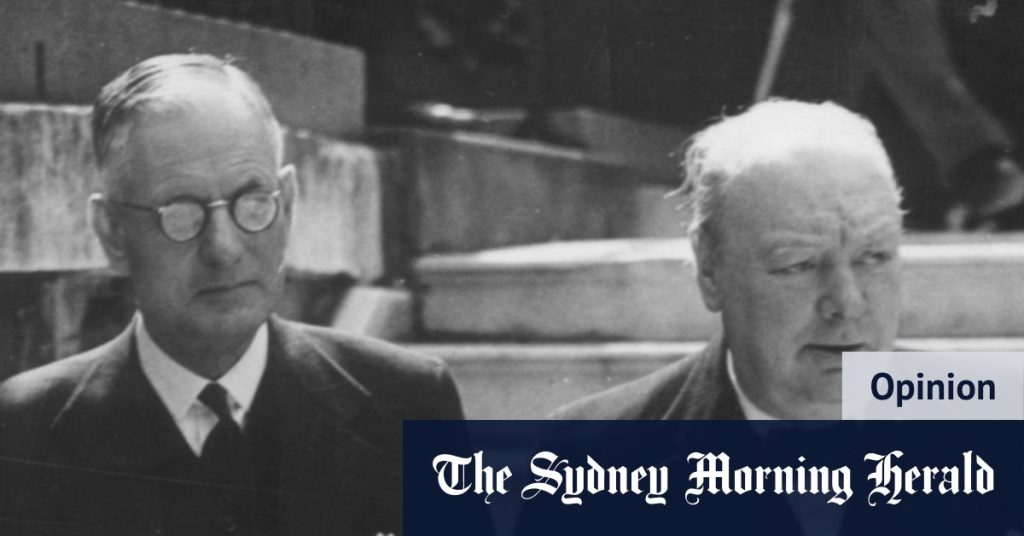John Curtin was a leader in Australia who ended the official obsequiousness to Britain, feeling betrayed by Britain’s lack of support when Australia needed it most during World War II. Despite Australia’s sacrifices in World War I and sending troops to fight alongside Britain in the Middle East, Churchill’s focus on the European front left Australia feeling abandoned in the face of the rising Japanese threat. Curtin’s cable fights with Churchill highlighted the differences in priorities, with Churchill wanting Australian troops diverted to Burma to defend India, while Curtin prioritized the return of Australian troops to defend their own country.
The climax of the disagreements came when Churchill gave orders to divert Australian troops to Burma without consulting Curtin, prompting Curtin to reflect and assert Australia’s sovereignty in determining the deployment of its troops. This moment has been regarded as Australia’s informal Declaration of Independence, showcasing Curtin’s determination to prioritize Australian interests and defend the country against external threats. Despite allowing two brigades of the Sixth Division to stay in Ceylon temporarily, Curtin ensured that the majority of Australian troops returned home to defend their own soil in battles such as Milne Bay and Kokoda.
Curtin’s resolute leadership and prioritization of Australian interests during World War II reflected his commitment to defending his country against foreign threats. He reassured the Australians of their ability to resist the Japanese forces until the turning point was reached and they could advance over enemy territory. His decisive actions and words during this time cemented his legacy as a great leader who prioritized the well-being of his people and the defense of Australian soil. His funeral in 1944, attended by prominent figures such as Artie Fadden and Robert Menzies, highlighted the respect and admiration he commanded as a leader who fought for Australian independence.
Curtin’s contributions towards achieving independence and prioritizing Australian interests during World War II continue to be recognized and celebrated today. His legacy as a great Australian leader who stood up for his country in the face of external threats is honored in speeches and commemorations such as Anzac Day, where his role in shaping Australia’s independence is remembered. Curtin’s actions and leadership during World War II set a precedent for future leaders to prioritize the defense and sovereignty of Australia above all else, ensuring that the sacrifices and contributions of the Australian people are acknowledged and valued.


